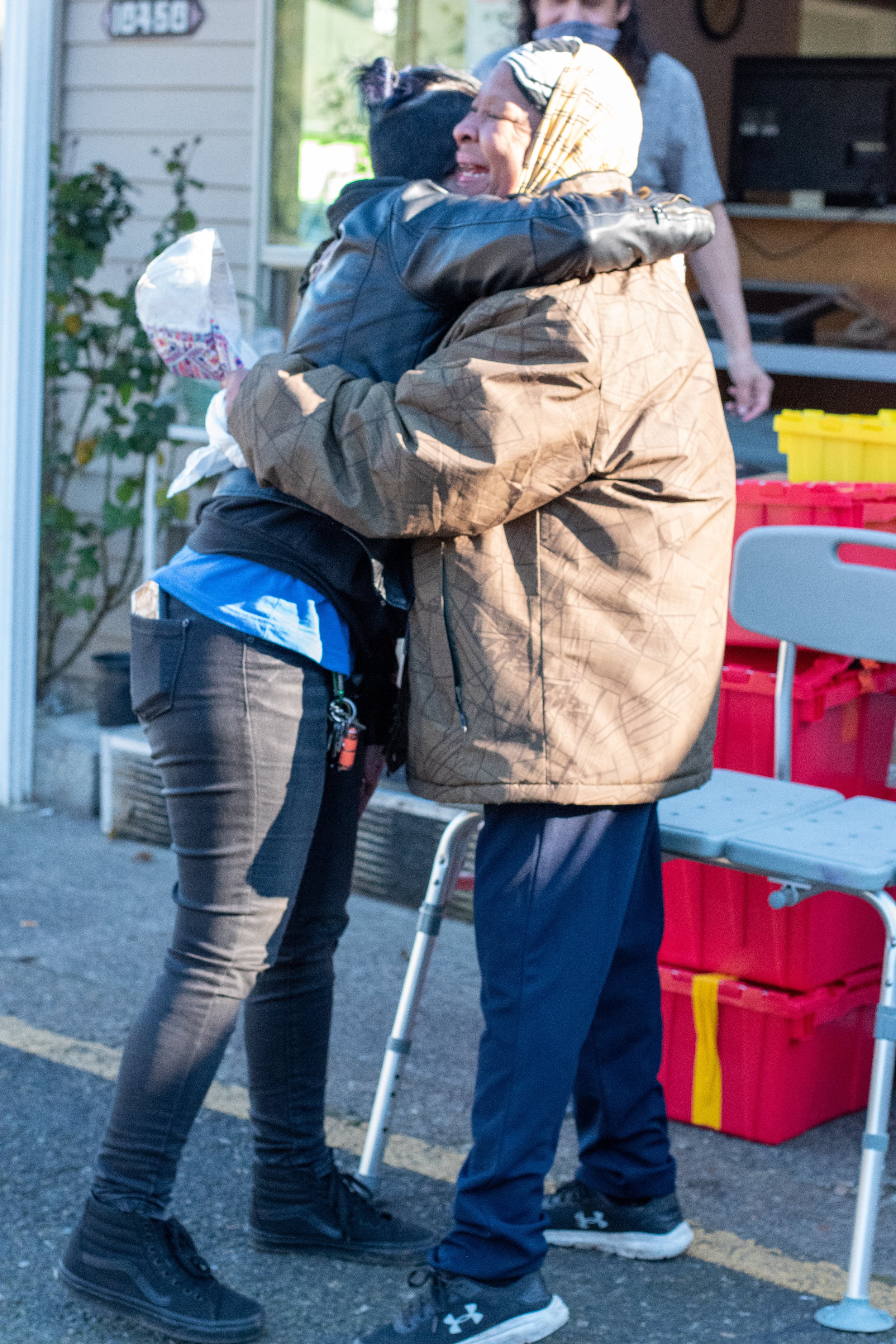Why Do We Say Houseless?
If you’ve read our website or followed our communication on social media, you’ll probably have recognized that we use the word “Houseless” instead of using the word “Homeless” when referring to individuals. This has been intentional.
Beyond simply the stigma the weight the word “homeless” brings to a conversation or a title someone may be give a person, many people who are without housing choose not to identify with the word “homeless” for other reasons.
The term “houseless” has been adopted and is preferred by many who live in a housing unstable world.
Why? Because a house (or housing) is just a place. It is simply a physical space that they currently do not have.
While we may use phrases like “homeless services” or “Portland’s homelessness epidemic,” when we talk about people, we are committed to houseless or unhoused.
Home. Home is beyond a singular location. Home is their community. Home is a social connection. Home is memories. It’s a car. It’s the streets. It’s friends and family.
Home is so much more than a physical space.
By calling individuals experiencing houselessness “homeless” you may be stripping away that connection.

Houselessness is simply lacking a place to live. We use the term “houseless” because that is the term most of the population we serve chooses to use. We choose to listen to their preference and make the conscious effort to empower our participants in any way we can, which sometimes means adjusting our word choice.
We know not everyone uses this term, but we choose to acknowledge that housing and home are two different things.
Not everyone has housing, but every person can experience home.



